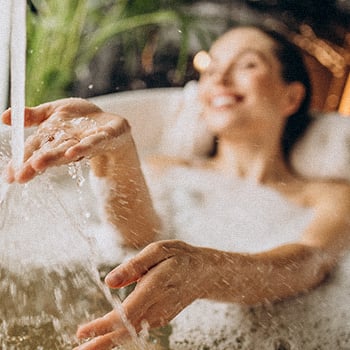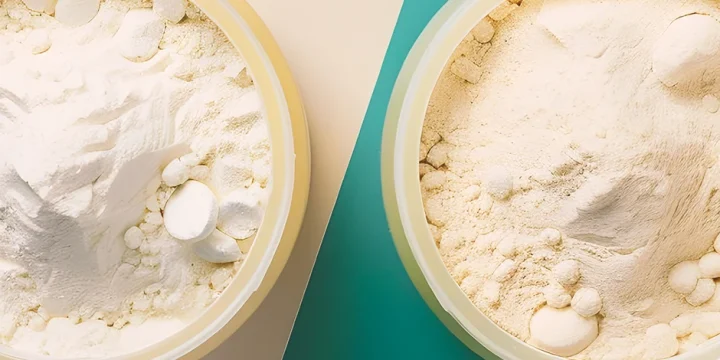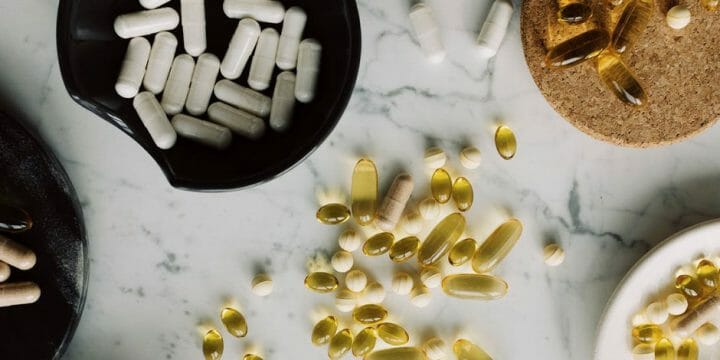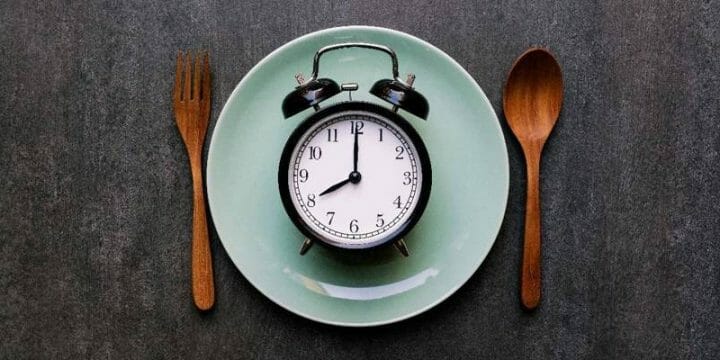A nice, refreshing shower after a hard, sweaty workout sounds like a dream.
It cleanses you and relaxes your muscles, but should you turn the tap to hot or cold?
We’ve certainly seen athletes soaking in ice baths, but what about cold showers? Here’s everything you need to know!
Quick Summary
- Opting for a cold shower after a workout can aid in muscle recovery, reduce inflammation, and improve blood flow.
- Cold showers post-exercise help unclog pores and prevent acne, whiteheads, and blackheads by removing sweat and dead skin cells.
- A 2016 study in PLOS One with over 3,000 participants revealed that a daily shower starting warm and ending with 30 to 90-second cold bursts reduced work sick leave by 29% compared to controls.
- As a fitness expert, I believe incorporating cold showers into your post-workout routine is a simple yet effective way to enhance physical recovery and mental well-being.
Benefits of a Cold Shower After a Workout

In my two decades of fitness coaching, I've observed that exercise puts a lot of stress and strain on your body. From my experience, a cold shower can significantly aid in recovery in several ways:
Muscle Relief
It can help your blood vessels contract, prevent bruises and swelling and also improve your blood flow. A cold shower may also numb your nerve endings, providing your body with instant pain relief. This is the main reason we use ice packs when we get injured.
"Cold showers are a convenient way for a weekend warrior, amateur athlete, or anyone who enjoys exercise to get some of the benefits of cold therapy after a workout."
Dr. Sharon Hame, an Orthopedic Surgeon at UCLA Health
Anti-Inflammatory Effect
Since working out inflames your body and inflammation isn't good, a cold shower can provide you with anti-inflammatory effects. That way, you'll recover quicker after a workout and reduce the post-workout DOMS you might experience.
Skin Cleansing
While working out, your pores open to release sweat. As helpful as this is, sweating and leftover dead skin cells can clog up the same pores and cause acne, whiteheads, and blackheads. Taking a cold shower may burn fat and help unclog pores to get rid of any bacterial buildup post-workout.
Immune System Boost
A cold shower after a workout can quickly boost your immune system—if practiced regularly, of course.
A comprehensive 2016 study featured in the PLOS One journal, which included over 3,000 participants, demonstrated that a daily shower routine beginning with warm water and concluding with 30 to 90-second intervals of cold water led to a notable 29% decrease in work-related sick leave compared to the control group [1].
Psychological Effects
Owing to the abundance of cold receptors in the skin, taking a cold shower can trigger a surge of electrical impulses from the peripheral nerve endings to the brain.
According to a 2008 study from the Medical Hypotheses journal, intense stimulation from cold showers, specifically adapted showers at 20 degrees Celsius for 2-3 minutes, is believed to potentially lead to an anti-depressive effect by stimulating the brain's primary source of noradrenaline [2].
Best Way to Have a Cold Water Shower After a Workout

As a holistic nutritionist and personal trainer, I advise that showering with cold water is more nuanced than just 'jumping in and turning it cold.'
The process should start right after you finish your high-intensity exercise.
Here’s the most important advice on how to have a proper cool-down shower after a hard workout:
- Cool down properly - First things first, you'll need to switch to a gentler form of exercise to cool down after your workout. The cool-down should start to lower your heart rate and should last for at least 5–10 minutes.
- Stretch your muscles - Once your heart rate starts slowing down, you should begin stretching your muscles.
A good stretch can improve blood flow and prevent soreness from an intense workout, according to a study from the Journal of Physiology [3]. - Start with lukewarm water- You should start showering at a lukewarm temperature to avoid shocking your body.
- Gradually switch to cold water. As you start to cool down, you can adjust the water to make it colder.
The main reason for this is to decrease inflammation in joints, tendons, and muscles.
The cold water will lower your blood flow and stiffen your muscles and joints, resulting in less pain. - Get colder and target major muscles - For the last 90 seconds, bring the water temperature down to as cold as you can stand. Hit your major muscle groups with a blast of cold water to re-energize and refresh your tired muscles.
- Switch to warm water - Next up, switch to hot water to avoid potential joint stiffness.
A hot shower should also improve muscle and joint recovery, flush out any dead, inflammatory cells, or scar tissue buildup, and improve your bone health. - That’s it! After you finish the hot shower, dry off completely with a clean towel and step into your post-exercise clothes.
Related Articles:
"It is like a 'pause' button in the healing process to decrease the body's quick response to injury, which can be very painful at times."
- Kristin Maynes, P.T., D.P.T.
Post-Workout Ice Bath as an Alternative to Cold Showers

Throughout my career, I've guided athletes who opt for a post-workout ice bath instead of a cold shower.
Based on my observations and their feedback, doing this is known to:
- Start the muscle healing process
- Reduce muscle inflammation
- Contract your blood vessels
- Increase the blood flow to your muscles
- Flush out lactic acid
However, it's not better than a traditional cool-down, even though it's a good way for your muscles to recover.
Read More: Benefits of Ice Baths
FAQs
Why Do Athletes Use Ice Baths?
Athletes lower their body temperature with this method to decrease inflammation and prevent swelling. The post-exercise micro-tears in the muscles repair quicker and grow stronger after an ice bath.
How Soon After a Workout Should You Take a Cold Shower?
Some 20 minutes after a workout would be a good time for cold showering.
Are Cold Showers Bad For Muscle Growth?
While they’re not necessarily bad, some studies have discovered decreased long-term gains.
Do Cold Showers Raise Testosterone?
No, they don’t have any effect on your testosterone levels.
References:
- https://www.ncbi.nlm.nih.gov/pmc/articles/PMC5025014/
- https://pubmed.ncbi.nlm.nih.gov/17993252/
- https://pubmed.ncbi.nlm.nih.gov/29623692/
About The Author
You May Also Like






